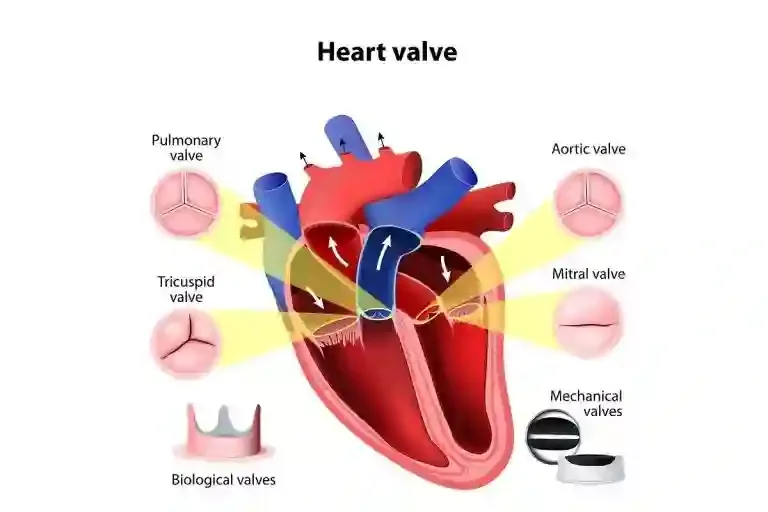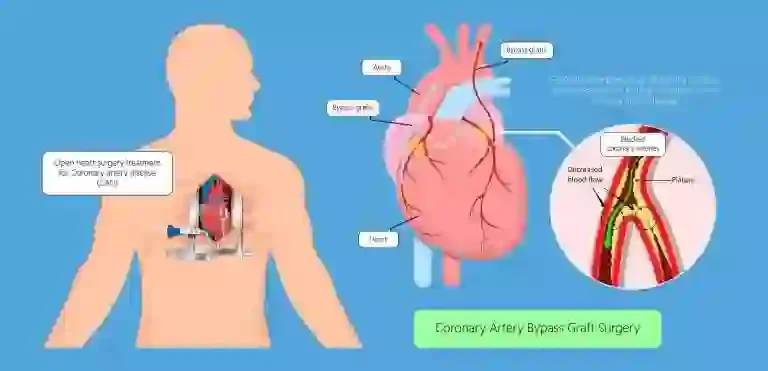Many of us would think twice before saying no to a delicious, hearty meal any time of the day. Only thing is, we tend to overlook an important aspect the moment we lay our eyes on a sumptuous spread- the harmful effects food can have on our health and more specifically, our heart. The food you eat has an impact on your heart and unhealthy eating, coupled with a sedentary lifestyle can damage your health. Eating healthy will keep your heart fit and fluttering flawlessly for a longer time. A heart-healthy diet can diminish the risk of heart disease or stroke by almost 80%.
Follow the Tips Below to Help Prevent Heart Disease:
Cut Down on your Fat Intake:
To prevent or reduce heart ailments, you need to choose the right type of fats and eat less fat in general. Our diet comprises a large amount of fat in general, regardless of the source. So cutting down on the fat and oil intake can be a good first step. Avoid fats that elevate cholesterol levels; saturated fats and trans fatty acids, which are present in bakery products, fried foods, butter, cream, margarine. Use healthier oils like olive, ricebran or soyabean
Eat Green Leafy Vegetables, Fruits and Low Fat Dairy Products:
All meals should comprise an adequate amount of vegetables and fruits because they have a high satiety index and therefore regulate appetite. They are low in fat and high in fibrous content and power-packed with vitamins and minerals, which are beneficial for the heart. Make sure to consume fresh fruits and vegetables at least 5 times a day. Eating fresh produce can keep you full for a longer period and may prevent you from eating unhealthy snacks.
Regulate the Consumption of Sugar, Sugary Products, and Salt:
High intake of sugar leads to high insulin levels in the body and inflammation and damage of the arteries. Not just that, excessive sugar consumption also leads to weight gain, further increasing the risk of cardiovascular diseases. Thus avoid fast foods as they contain starch, sugar, and trans fat. Excess salt in your diet can cause blood pressure elevation, which increases the development of heart problems. Reduce your daily salt intake to not more than 5gms a day. You can cut off your excess salt intake by using less salt for cooking, avoiding table salt while eating, cutting down on processed and canned foods, and avoiding crackers and snacks which are high in salt.
Indulge in Whole Grains:
Whole grains are excellent sources of carbohydrates and fiber and help in regulating blood pressure and heart health. Try to add whole grains as much as you can to your meals and refrain from eating refined flour products. Substitute white bread and pasta with brown bread and whole wheat pasta, add coarsely grounded flaxseed ion salads/cereals and make chapatis with a combination of grains.
Choose a Low-Fat Protein:
Eating protein is a healthy start. But many good-quality proteins are also high in fats. Opt for chicken and fish and cut down on meat, beef, and pork, use leaner cuts that trim down the fat. Use methods like grilling, baking, and barbecuing rather than frying and making gravies.
Maintain a Healthy Body Weight:
Being overweight can increase the risk of heart disease. Maintain an ideal body weight for your height and age. A lifestyle change, balanced diet, and moderate physical activity can help you attain your desired weight.
Keep a 5 Hour Gap in Between Each of the Three Meals:
Frequently eating does not allow the insulin levels of the body to decrease which in turn, results in more cholesterol and fatty acids or lipids production in the system. High cholesterol is the root cause of many chronic diseases.
Drink Adequate Water Throughout the Day:
It is important to drink at least 8-10 glasses of water every day. Water keeps the body dehydrated and flushes out the toxic remnants of the body.
Consume These Secret Superfoods:
Foods that have antioxidant properties reduce inflammation, “bad” cholesterol and increase the “good” cholesterol, keep your blood pressure in the desirable range and boost your immunity. Foods like garlic, onions, berries, oranges, flaxseeds, and nuts are vital for a healthy heart.
Control the Portion Size While Eating:
‘How much you eat is as important as ‘ What you eat’. Making heaps of food on the plate, taking second helpings, and eating until you feel stuffed will end up consuming excessive, fat and cholesterol than you actually should be having. The smart way not to waste and eat enough is to take small quantities in the first go itself. You can also try eating on a smaller plate than the usual dinner plate. This psychologically will give you a feeling of a fuller plate and satiated appetite.
Say No to Processed Foods:
Processed foods are high in calories, high in fats, have easily digestible carbohydrates, do not give satiety, are low in fiber, and possess an array of health hazards. Cut down on consumption of ready-to-eat, ready-to-cook, instant foods, reduce your intake of packaged snacks and say no to processed foods for a healthier heart.
Avoid Smoking & Use of Alcohol:
Smoking consistently is known to be a major cause of heart disease. Smoking increases your heart rate and disrupts your blood pressure and also causes oxidative damage to your body. Try to kick the habit if you want a healthy heart. Alcohol also affects your heart rate and causes weight gain. Excess drinking for a consistent period can elevate your blood pressure and affect your good cholesterol.
Do Regular Exercise:
A sedentary lifestyle is a major cause of developing heart diseases. Physical activity must be maintained regularly along with diet, that is, at least 30 minutes of exercise daily. It will keep your weight in check, improves your heart rate, and keeps your heart healthy.
Avoid Stress:
Stress and an unhealthy lifestyle can lead to a number of health issues. Try to get rid of tension and aim for a healthier and happier life. Indulge in a new activity, listen to music to calm yourself, or go for a walk when under immense pressure.
Heart diseases are preventable: certain lifestyle changes can greatly reduce the progression of a pre-existing condition or prevent future complications. Managing heart diseases through diet has a high success rate, not only does a healthy diet confer protection from heart disease but also helps maintain overall well-being.
By Chief Dietician
Mrs. Swati Awasthi












